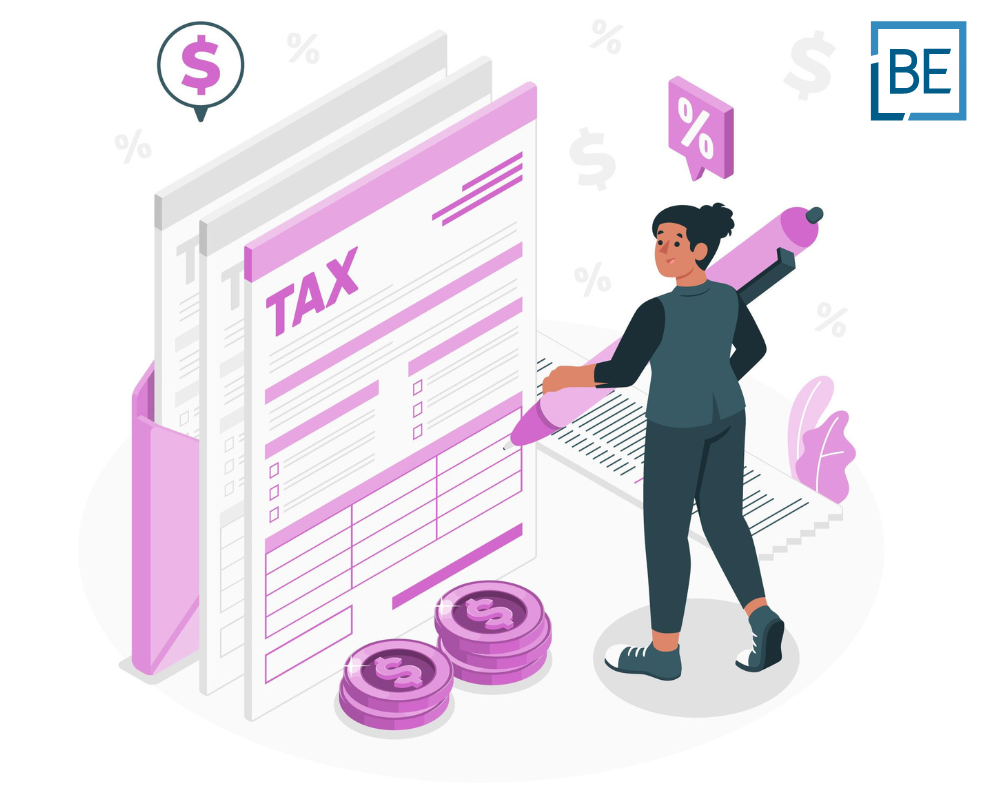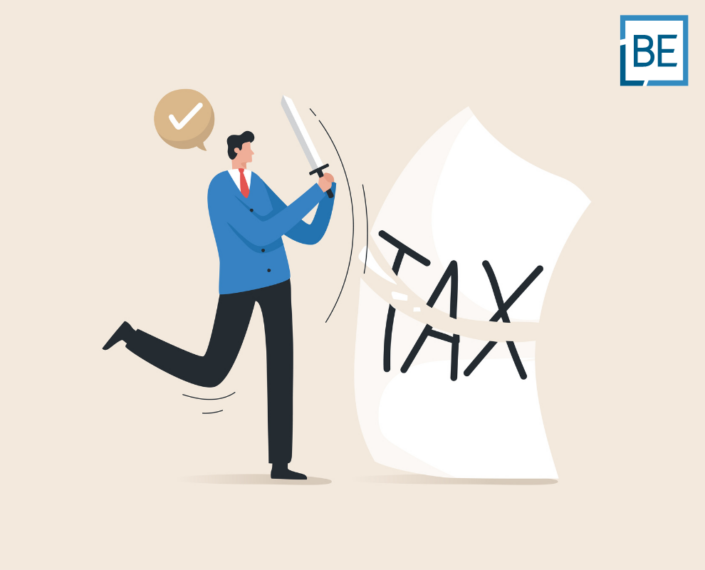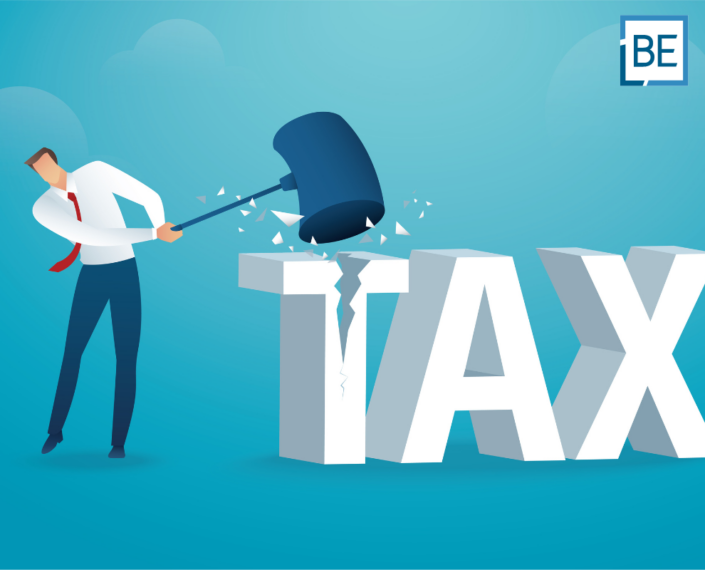COMPTABILITÉ ET SECRÉTARIAT
L'accord de double imposition en Thaïlande
Double taxation is a potential issue for expats and foreign businesses operating in Thailand or abroad. Double taxation occurs when two or more jurisdictions impose a tax on the same declared income.
This significant issue could be offset if the countries imposing the tax have signed a double tax treaty. Double tax agreements are agreements between two countries that prevent the double taxation of income.
This article will further explore what a double tax agreement is.
Points clés
- Double taxation occurs when two or more jurisdictions impose a tax on the same declared income.
- Double tax agreements remove this obstacle.
- The applicant must be a Thai resident to take advantage of the double tax treaty benefits.
- Thailand has entered into double tax agreements with 61 countries.
What is a double tax agreement?
Double tax agreements, also known as double tax treaties or double taxation agreements, are agreements between two countries that prevent the double taxation of income. Double tax agreements mean that any income earned by individuals or businesses in one country will not be taxed in another (assuming both countries have a double tax agreement in place).
In Thailand, double tax agreements are signed between the Thai government and the government of another country to provide relief from double taxation for individuals and businesses operating in both countries.
Typically double tax agreements include provisions for reduced tax rates on certain types of income, such as business profits and dividends. They will also contain provisions for exchanging information between tax authorities to prevent tax evasion.
The Thai government has signed double tax agreements with many countries worldwide, including the United States, Canada, France, the United Kingdom, Singapore, etc.
Just to let you know, individuals who earn income in Thailand but do not have a permanent establishment or presence in the country may be eligible for an exemption on business profits.
However, the income from interest, dividends, and royalties may still be subject to taxation in the country where it is earned if no permanent establishment is present.
Furthermore, double tax agreements may allow for reductions or exemptions on withholding taxes for payments made to foreign businesses not operating in Thailand.
What is a permanent establishment in Thailand?
Thailand considers permanent establishments as:
- A place of management
- A branch
- An office
- A factory
- A warehouse, about a person providing storage facilities for others
- A workshop
- A farm
- An oil or gas well, a mine, a quarry, or any other place of extraction of natural resources
- A building site, construction, installation, or assembly project where such site, project, or activities continue for more than six months.
The following are not considered permanent establishments by the Thai government:
- Use of facilities for storage
- display or delivery of goods or merchandise belonging to the company
- The maintenance of a stock of goods or merchandise belonging to the company for storage, display, or delivery
- Maintenance of a stock of goods or merchandise belonging to the company for processing by another
- Maintenance of a fixed place of business to purchase goods or merchandise or to collect information for the company
- Maintenance of a fixed place of business for advertising, the supply of information, scientific research, or similar activities
Who is eligible to benefit from a double tax agreement?
The double tax agreement will be applied to individuals and juristic persons of a signatory state to the agreement.
To be entitled to the benefits of a double tax treaty benefits and be classified as a Thai resident, the person must satisfy the following:
- An individual who stays in Thailand for at least 180 days in a tax year
- A company registered in Thailand with the Ministry of Commerce
What taxes are covered by a double tax treaty?
A double tax agreement will often cover income taxes such as impôts sur le revenu des particuliers, des exonérations de l'impôt sur les sociétés,, and petroleum income tax.
The agreement does not cover indirect taxes such as value-added and specific business taxes.
Which taxes are exempt from the provisions of a double tax treaty?
In practice, the list of exempt taxes will depend on each treaty and the respective signatories. Still, income from services and rent from moveable property is typically exempt from taxation in the country where it is paid.
For example, under the Thai-Japanese tax treaty, all rent is subject to taxation, and there is no exemption for income from the rental of movable property.
How do double tax agreements work?
Double tax agreements between countries may vary in their methods for eliminating double taxation for individuals.
The exemption method allows the country of residence to exempt certain income from taxation if it is already being taxed in the source country according to the double tax agreement.
Another method is the credit method, where the resident country can tax income already taxed in the source country. Still, it calculates the tax based on the taxpayer’s total revenue, including income from other countries. It also allows a credit or deduction for the taxes paid in the other country.
Which countries does Thailand have double tax treaties with?
At the time of writing, Thailand has concluded 61 double tax agreements with countries worldwide.
| Arménie | Hongrie | Pologne |
| Australie | Inde | Roumanie |
| Autriche | Indonésie | Russie |
| Bahreïn | Israël | Seychelles |
| Bangladesh | Italie | Singapour |
| Biélorussie | Japon | Slovénie |
| Belgique | Corée | Afrique du Sud |
| Bulgarie | Koweït | Espagne |
| Cambodge | Laos | Sri Lanka |
| Canada | Luxembourg | Suède |
| Chili | Malaisie | Suisse |
| Chine | Maurice | Taipei |
| Chypre | Myanmar | Tadjikistan |
| République tchèque | Népal | Turquie |
| Danemark | Pays-Bas | Ukraine |
| Estonie | Nouvelle-Zélande | Émirats arabes unis |
| Finlande | Norvège | États-Unis d'Amérique |
| Allemagne | Oman | Ouzbékistan |
| Grande-Bretagne et Irlande du Nord | Pakistan | Vietnam |
| Hong Kong | Philippines | France |
Are there any dispute resolution channels?
The mutual agreement procedure is the method for resolving disputes specified in the double tax agreement. The Minister of Finance has given the Director-General of the Revenue Department the authority to act as the competent authority under the double tax agreement.
Comment Belaws peut-il vous aider ?
You can talk directly to one of our experts for more information about how our experts can help you with all things tax in Thailand.
Cliquez ici pour une liste complète de nos services fiscaux en Thaïlande.
Cet article est publié à titre d'information uniquement et ne constitue pas un avis juridique.
Nos consultations durent jusqu'à une heure et sont menées par des juristes experts qui parlent couramment l'anglais, le français et le thaï.
Les consultations peuvent être organisées sur WhatsApp ou sur le Logiciel de Vidéoconférence de votre convenance. Une consultation avec l’un de nos experts juridiques est sans aucun doute le meilleur moyen d’obtenir toutes les informations dont vous avez besoin et de répondre à toutes les questions que vous pourriez avoir sur votre nouvelle entreprise ou votre projet.
150 USD
Jusqu'à 1 heure
Paiement en ligne (Paypal ou carte bancaire)
Les consultations juridiques peuvent être menées en anglais, en français ou en thaï.
Les consultations juridiques sont assurées par des des avocats expérimentés dans les domaines concernés.
Questions fréquemment posées
Les expatriés paient-ils l'impôt sur le revenu en Thaïlande ?
La Thaïlande impose un impôt sur tout revenu gagné en Thaïlande, tant pour les résidents que pour les non-résidents. Cet impôt est prélevé indépendamment du fait que le revenu soit payé en Thaïlande ou à l'étranger.
Les citoyens thaïlandais paient-ils des impôts ?
Oui, les citoyens thaïlandais sont assujettis à l'impôt.
Que se passe-t-il si vous ne payez pas d'impôts en Thaïlande ?
Vous serez passible d'une peine d'emprisonnement d'une durée maximale d'un an ou d'une amende d'un montant maximal de 200 000 bahts ou des deux. Les deux.
Quel est le coût moyen de la vie en Thaïlande ?
En moyenne, un revenu de 1 500 dollars par mois est considéré comme suffisant pour mener une vie confortable en Thaïlande.
Comment puis-je éviter de payer des impôts en Thaïlande ?
Il n'est pas recommandé d'éviter de payer des impôts en Thaïlande.
Les expatriés paient-ils des impôts ?
La Thaïlande impose un impôt sur tout revenu gagné en Thaïlande, tant pour les résidents que pour les non-résidents. Cet impôt est prélevé indépendamment du fait que le revenu soit payé en Thaïlande ou à l'étranger.
Comment l'impôt sur le revenu est-il calculé en Thaïlande ?
La Thaïlande utilise un système d'imposition progressif pour l'impôt sur le revenu des personnes physiques, dont les taux d'imposition sont indiqués ci-dessous :
| Revenu imposable | Taux d'imposition |
| 0 – 150 000 | Exempté |
| 150 001 – 300 000 | 5% |
| 300 001 – 500 000 | 10% |
| 500 001 – 750 000 | 15% |
| 750 001 – 1 million | 20% |
| 1 000 001 – 2 millions | 25% |
| 2 000 001 – 5 millions | 30% |
| 5 000 001 ou plus | 35% |
Articles connexes
Abonnez-vous aujourd'hui
Abonnez-vous aujourd'hui
À notre newsletter pour les dernières actualités juridiques
en Asie du Sud-Est, les mises à jour de Belaws et
les offres spéciales sur nos services.
To our newsletter today for all the latest legal news in South East Asia,
Belaws updates and special promotions on our services.







